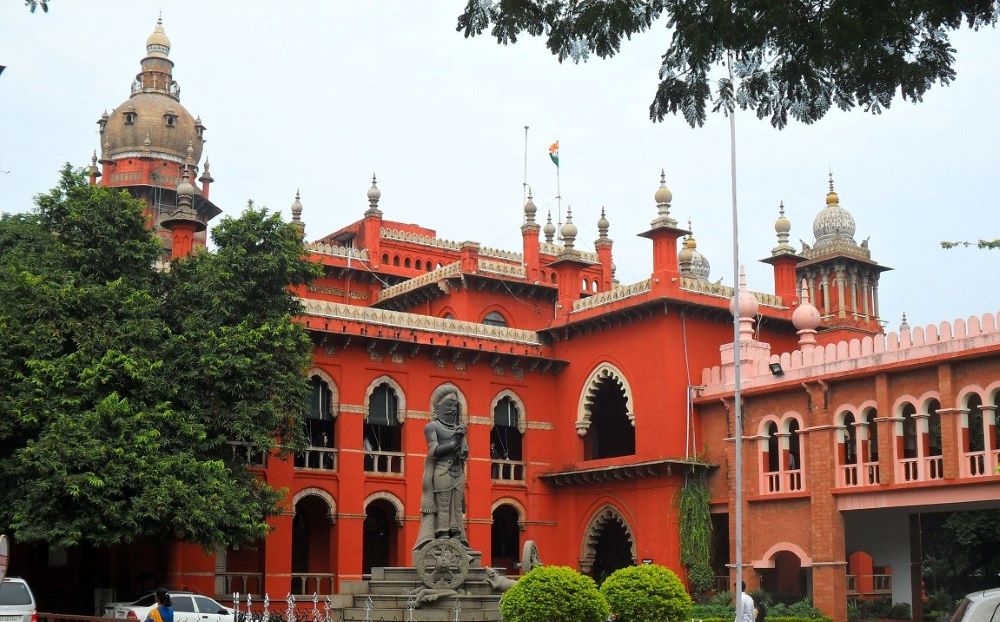Kareena Eugene
The Madras High Court while commenting on the effect of amendment (2019) of the Insolvency and Bankruptcy code, 2016 said that the legislators never intended to be directly speak to the Tax authorities before the National Company Law Tribunal (NCLT) to recover tax dues if the proceedings were initiated against the Corporate debtors under IBC, 2016.
Ruchi Soya Industries Ltd., the petitioner, challenged the reassessment of the Bill. The petitioner presented the case that, ‘The amendment to serial number 55 to Notification number 12/2012-Customs dated March 17, 2012 vide Notification number 46/2015, Customs dated September 17, 2015 which increased the rate of duty from 7.5% to 12.5% cannot be said to have come into force on the date of assessment on March 17, 2012, as per Section 25 of the Customs Act, 1962 as it stood on the date’.
The dispute was raised over the rate of customs duty to be paid on Bill of Entry filed by a company that was undergoing insolvency resolution process which was initiated by NCLT, Mumbai.
The petitioner raised contentions that the rights of the Customs Department stood extinguished as it did not come forward with its claims before the Resolution Professional.
The Court was informed by the petitioner that the second condition which is the offer for sale, was not satisfied when the Bill of Entry was filed, since the printed copy of the amendment notification was dispatched by the Government of India on 25th September, 2015, when the Gazette notification was published.
A single Bench Judge of Justice C. Saravanan said that, the entire tax administration is now in a disorderly state. All the tax authorities will have to be directed to the NCLT every time to recover tax dues if under any circumstances the proceedings are initiated against the corporate debtor under IBC 2016.
It was said that this was not the intention when the Act was enacted.
The Court stated that “tax” should not be equated to “claim” or “operational debt” under the IBC as it is compulsory to extract an amount due under law and that it cannot be assigned.
The Court stated that, “Such sovereign debts cannot be altered whether increased or decreased by any authority, whether by the Court or under a private arrangement or as the case may be approved by creditor, shareholders or by the committee of creditors under the Companies Act, 2013 or Insolvency & Bankruptcy Code, 2016. Corporate restructuring of financial debt under IBC, 2016 does not mean waiver of extinguishing of sovereign debts”.
The Court held that the Customs Authority can recover the duty payable with interest, according to law.

